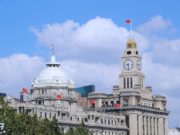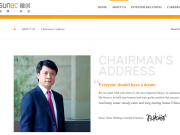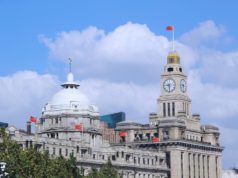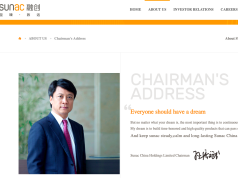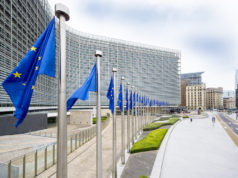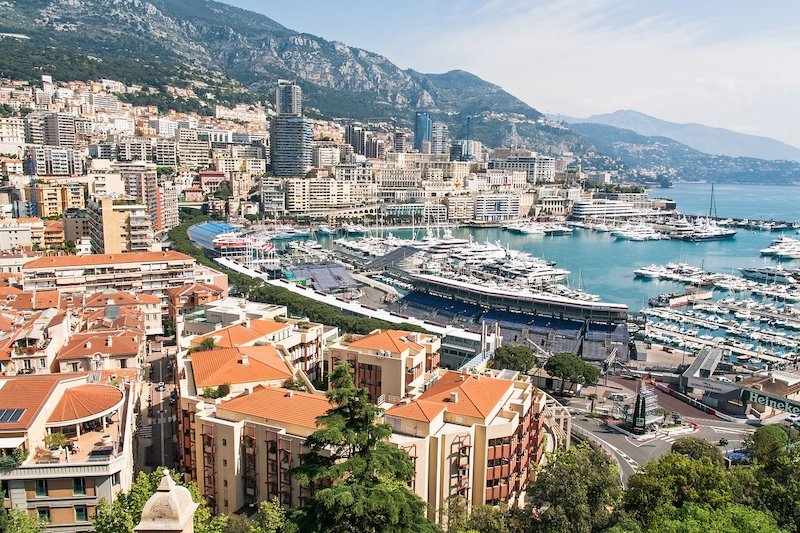
Allianz Global Wealth Report 2021: Global Financial Assets at $231 Trillion
12th October 2021 | Hong Kong
Allianz, one of the world’s largest investor managing $913 billion assets, has released the 12th edition of the Allianz Global Wealth Report 2021 on the global household asset and debt in almost 60 countries. Global financial assets increased in 2020 by 9.7% to $231 trillion (EUR 200 trillion) in 2020. The financial assets include cash and bank deposits, receivables form insurance companies and pension institutions, securities (shares, bonds and investment funds) and other receivables. In the study of almost 60 countries, the top 3 countries in the world by net financial assets per capita (individual) are United States (EUR 218k), Switzerland (EUR 212k) and Denmark (EUR 149k). In Asia-Pacific, the top 5 countries are Singapore (EUR 118k), Taiwan (EUR 117k), New Zealand (EUR 114k), Japan (EUR 100k) and Australia (EUR 88k).
“ Global Financial Assets at $231 Trillion in 2020 “
Allianz Global Wealth Report 2021
Top 20 Countries by Net Financial Assets in 2020:

Saved from the crisis
2020 was the year of extreme contrasts. Covid-19 destroyed millions of lives and livelihoods and the world economy plunged into its deepest recession since World War II. At the same time, monetary and fiscal policy mobilized unimagined sums to support the economy, markets and people. With success: Incomes were stabilized and stock markets recovered quickly. With this tailwind, households’ wealth weathered the Covid-19 crisis: Global gross financial assets increased by 9.7% in 2020, reaching the magic EUR 200 trillion mark for the first time.
Savings were the main driver: As lockdowns drastically reduced consumption opportunities, the global phenomenon of “forced savings” was born. Fresh savings jumped by 78% to EUR 5.2 trillion in 2020, an absolute record. Inflows into bank deposits – the default option of forced savings, simply leaving unspent income in the bank account – almost tripled (+187%). Bank deposits accounted for half or more of fresh savings in all markets considered. As a result, for the first time, bank deposits worldwide grew at a double-digit rate of 11.9%; the previous peak growth was 8% in the financial crisis year 2008. While the asset class securities – buoyed by the strong stock markets – grew by 10.9%, insurance and pension fund assets showed much weaker development, rising by 6.3%.
The head numbers are very impressive. But we should dig a little deeper. Most households did not really save but simply put their money aside. All this idle money on bank accounts is a wasted opportunity. Instead, households should invest in their retirement and the green transition, enabling societies to master the paramount challenges we face, climate and demographic change. We fear that if households eventually start to dishoard, money will end up in revenge consumption and will only fuel inflation. We urgently need a new ‘savings culture’.
“ Most households did not really save but simply put their money aside. All this idle money on bank accounts is a wasted opportunity “
Long Covid

In 2020, financial assets in emerging markets (+13.9%) grew again faster than in advanced markets (+10.4%), returning to familiar patterns of growth after three years. As a result, the prosperity gap between rich and poor countries has also narrowed somewhat. The trend reversal that we diagnosed last year – the renewed drifting apart of the poorer and richer countries – thus appears to have been halted for the time being. However, it is (much) too early to sound the all-clear. While many developing countries performed surprisingly well in the first year of the pandemic, there are indications that the long-term consequences and challenges – from insufficient vaccination and reconfigured supply chains to the digital and green trans-formation – could primarily affect the poorer countries.
The same can be said with regard to national wealth distribution. While the national middle class has shrunk in recent years as their share of total national wealth has declined in many countries, for 2020 at least, the immense social transfers seem to have successfully counter-acted a further drifting apart of the wealth classes. But this happy affair may not last when state support expires and the direct effects of the crisis – the loss of millions of jobs – will once again be felt. Moreover, the crisis led to a significant impairment in school education. Covid-19 is thus likely to further entrench social immobility. The gradual disappearance of the middle class has only temporarily stopped.
The pandemic is a much bigger challenge for poorer countries. Very likely, Covid-19 will continue to hold back economic development in this group of countries for much longer than in the advanced markets. But the real challenge comes afterwards: These countries will find themselves in a post-pandemic world that will make it increasingly difficult for them to play out their comparative advantages in a proven way, given the lasting changes in technologies, politics, and life styles. The gradual closing of the global prosperity gap – the defining development over the last decades – can no longer taken for granted.
About Allianz
The Allianz Group is one of the world’s leading insurers and asset managers with more than 100 million2 private and corporate customers in more than 70 countries. Allianz customers benefit from a broad range of personal and corporate insurance services, ranging from property, life and health insurance to assistance services to credit insurance and global business insurance. Allianz is one of the world’s largest investors, managing around 790 billion euros on behalf of its insurance customers. Furthermore, our asset managers PIMCO and Allianz Global Investors manage 1.7 trillion euros of third-party assets. Thanks to our systematic integration of ecological and social criteria in our business processes and investment decisions, we are amongst the leaders in the insurance industry in the DowJonesSustainabilityIndex. In 2020, over 150,000 employees achieved total revenues of 140 billion euros and an operating profit of 10.8 billion euros for the group.
Sign Up / Register
Caproasia Users
- Manage $20 million to $3 billion of assets
- Invest $3 million to $300 million
- Advise institutions, billionaires, UHNWs & HNWs
Caproasia Platforms | 11,000 Investors & Advisors
- Caproasia.com
- Caproasia Access
- Caproasia Events
- The Financial Centre | Find Services
- Membership
- Family Office Circle
- Professional Investor Circle
- Investor Relations Network
Monthly Roundtable & Networking
Family Office Programs
The 2025 Investment Day
- March - Hong Kong
- March - Singapore
- July - Hong Kong
- July - Singapore
- Sept- Hong Kong
- Sept - Singapore
- Oct- Hong Kong
- Nov - Singapore
- Visit: The Investment Day | Register: Click here
Caproasia Summits
- The Institutional Investor Summit
- The Investment / Alternatives Summit
- The Private Wealth Summit
- The Family Office Summit
- The CEO & Entrepreneur Summit
- The Capital Markets Summit
- The ESG / Sustainable Investment Summit



